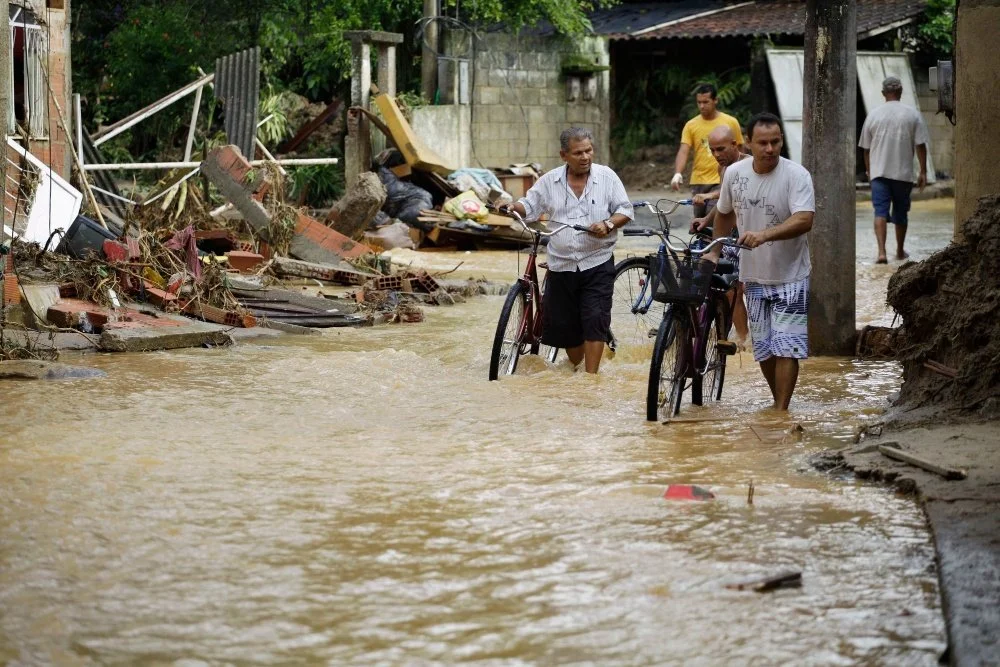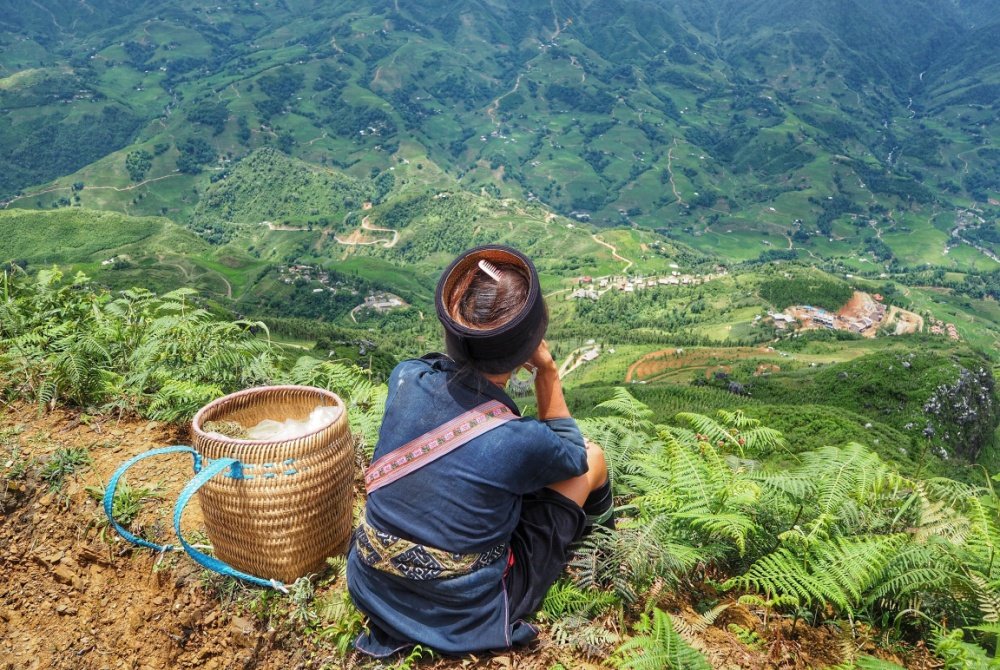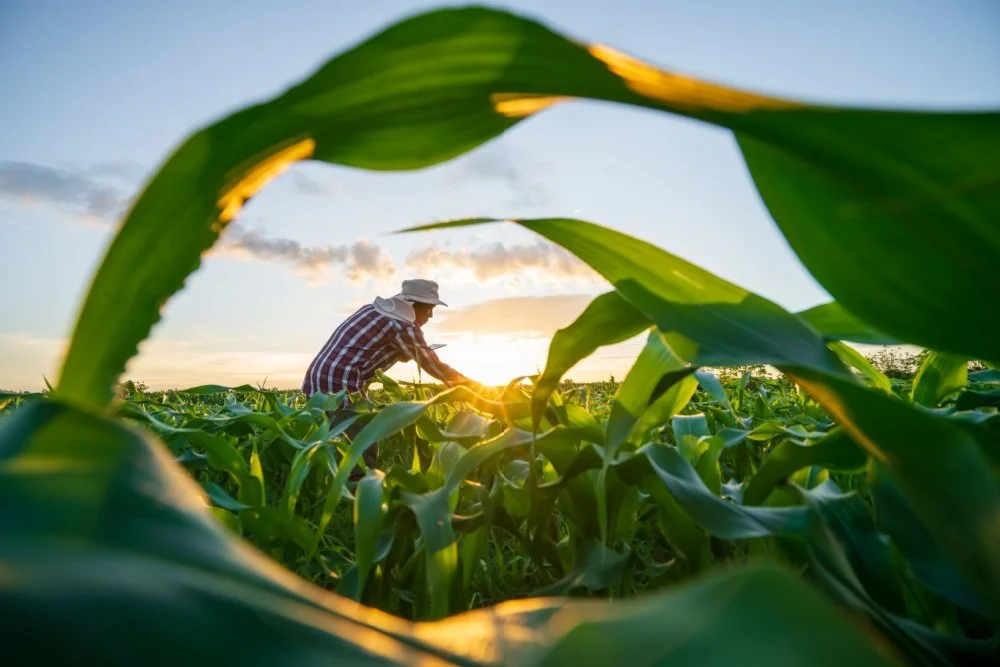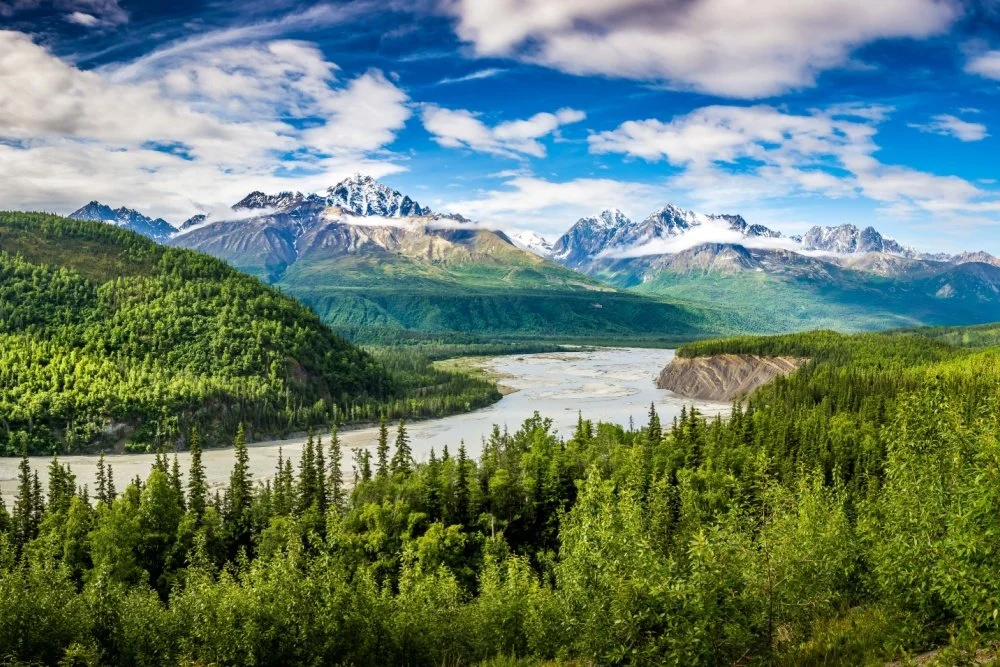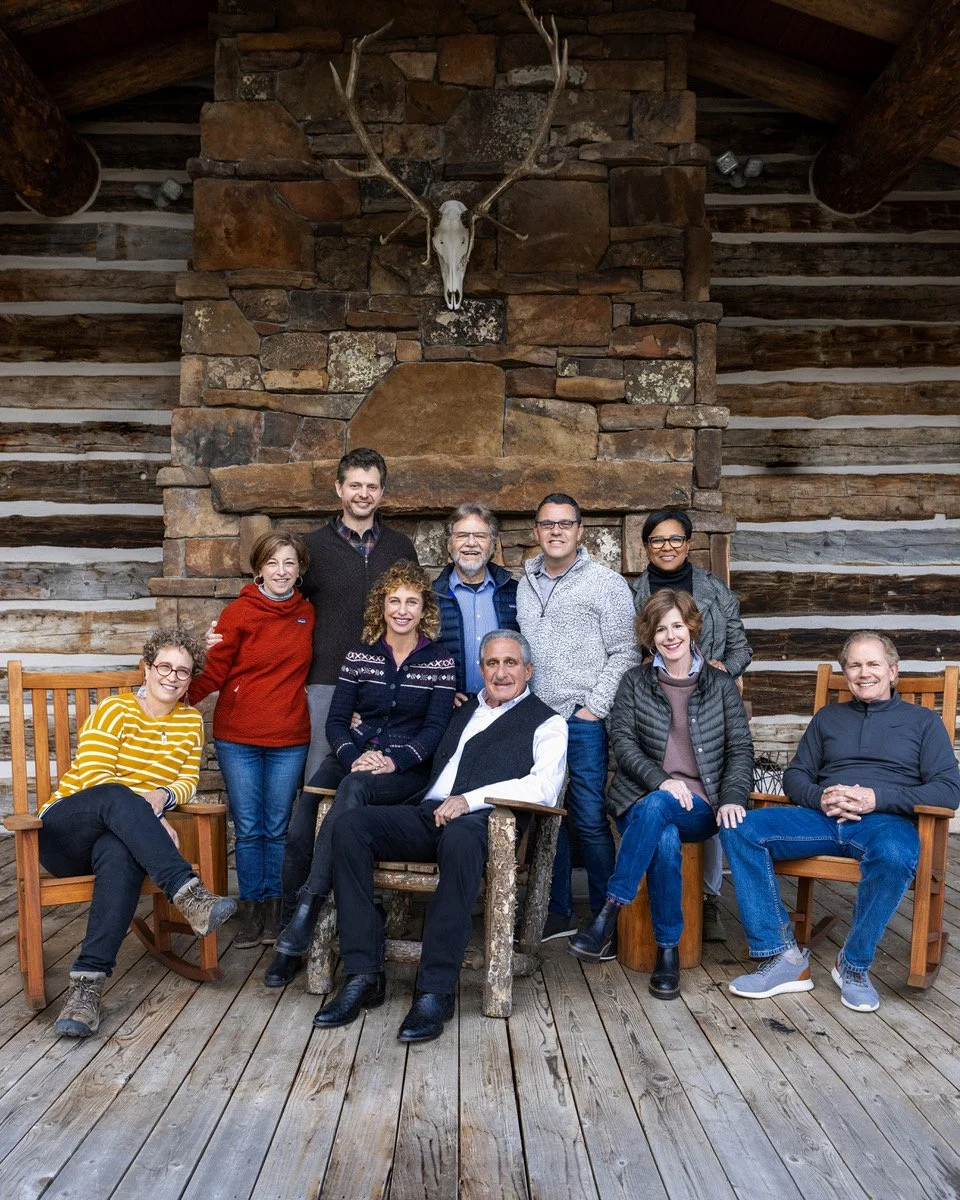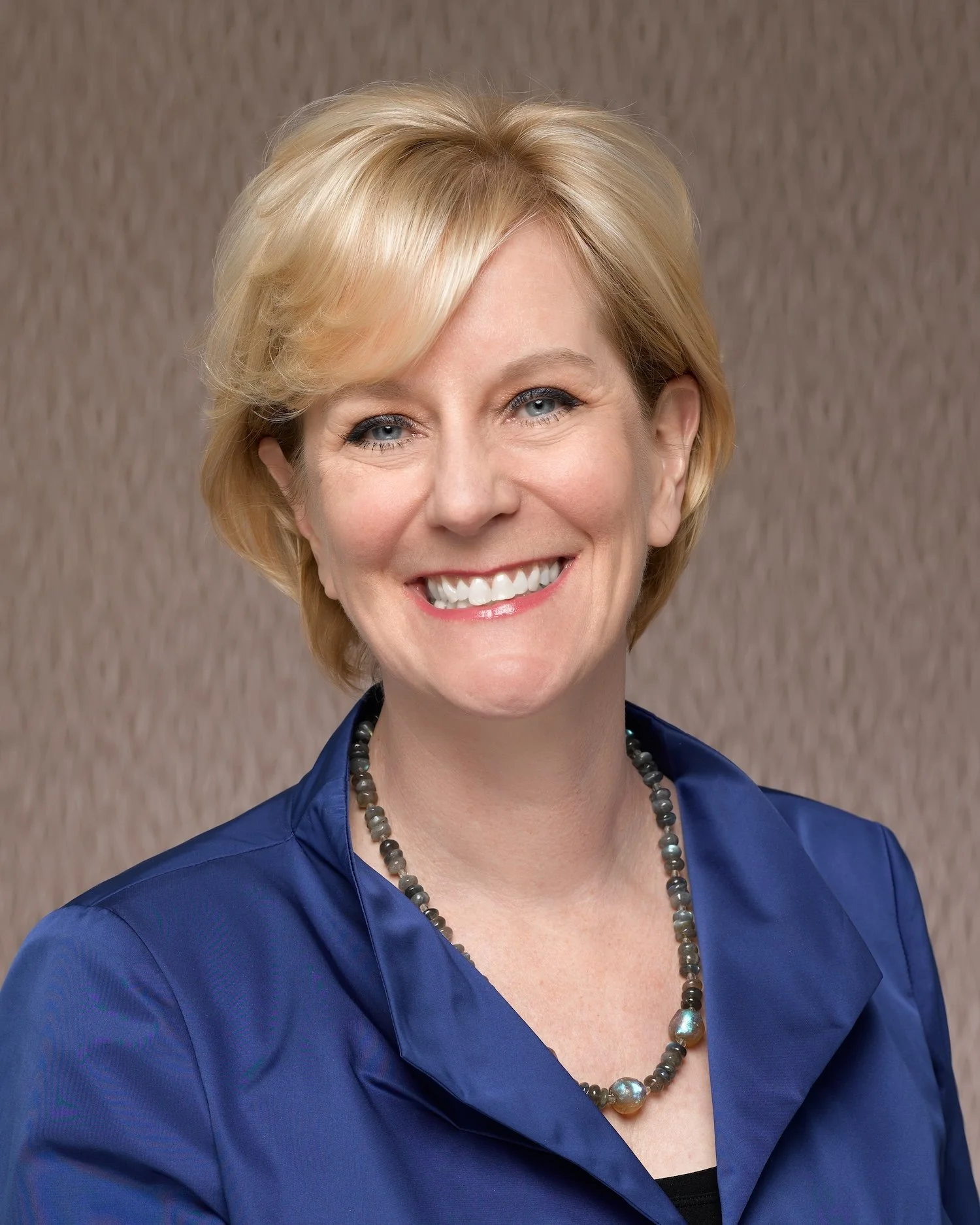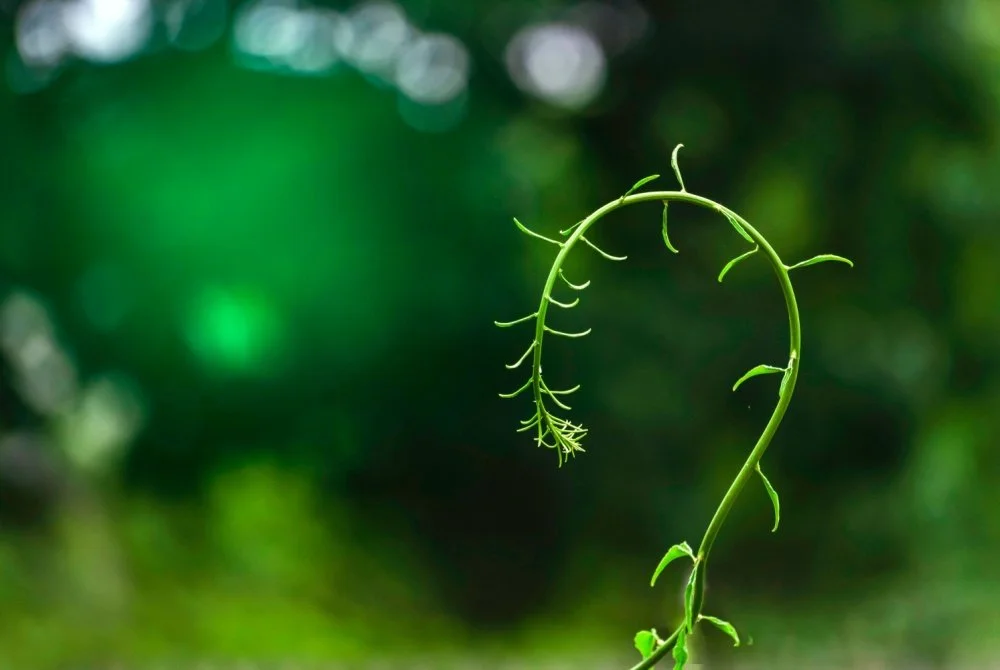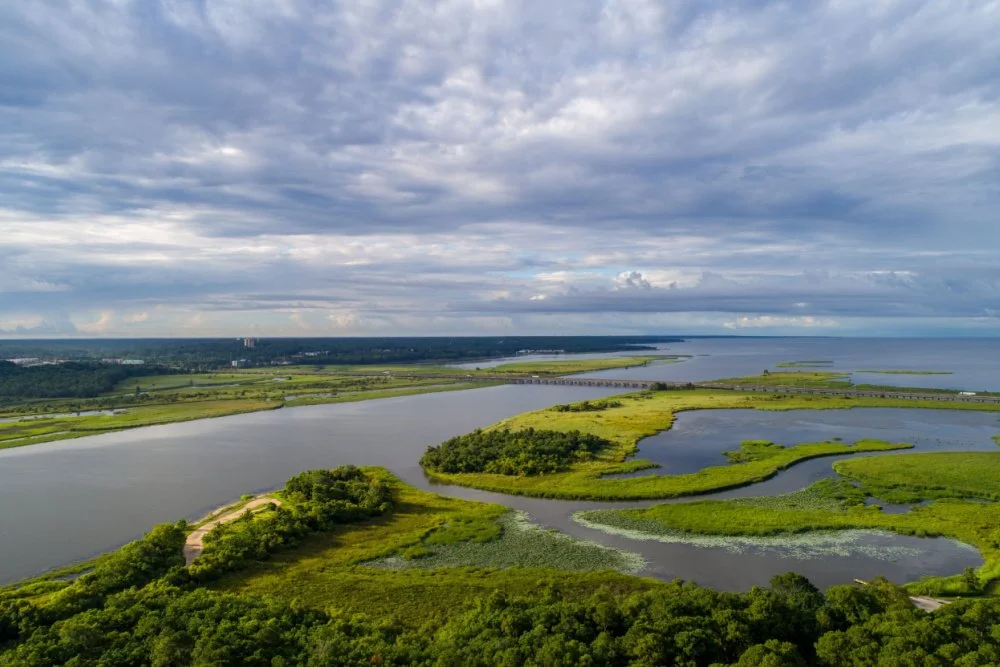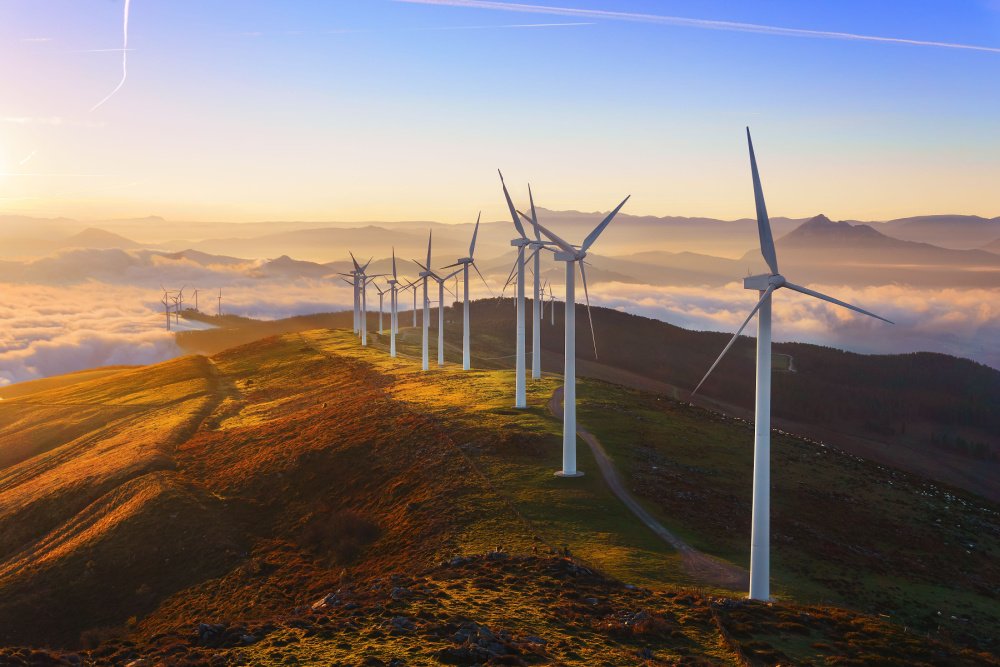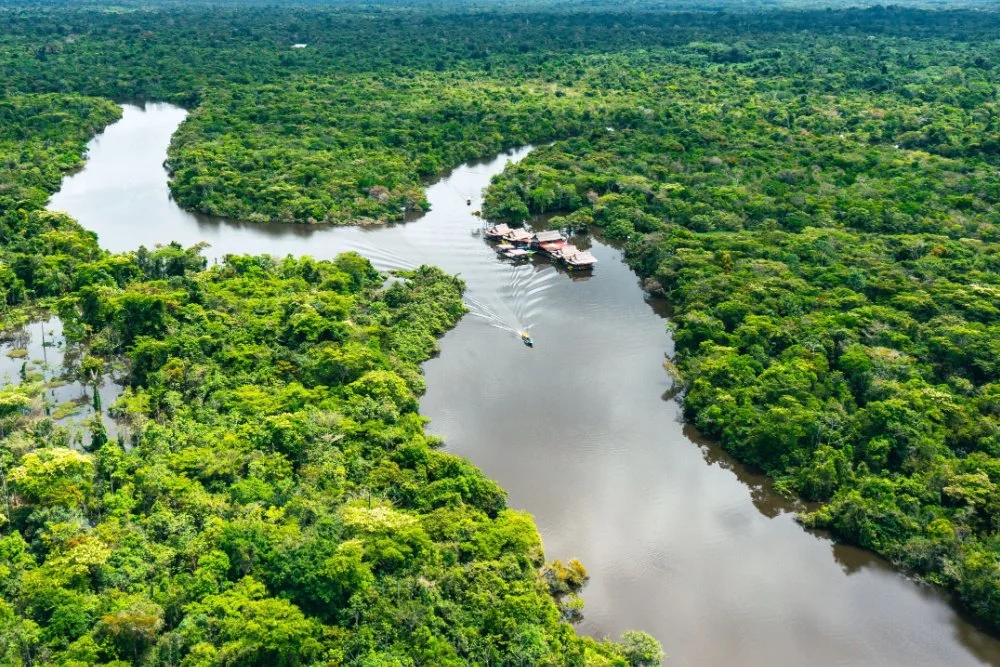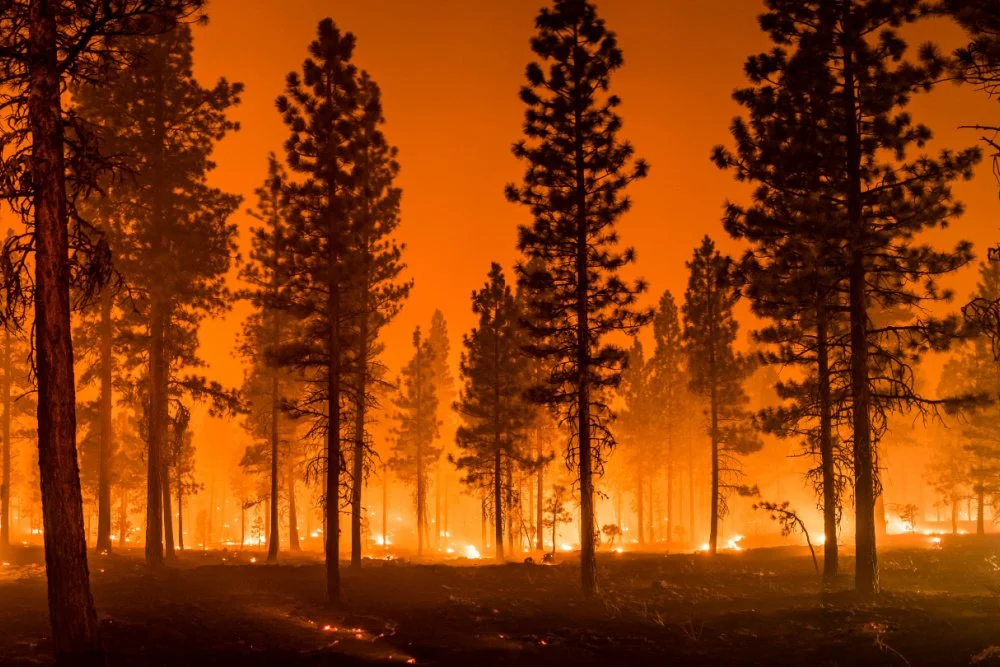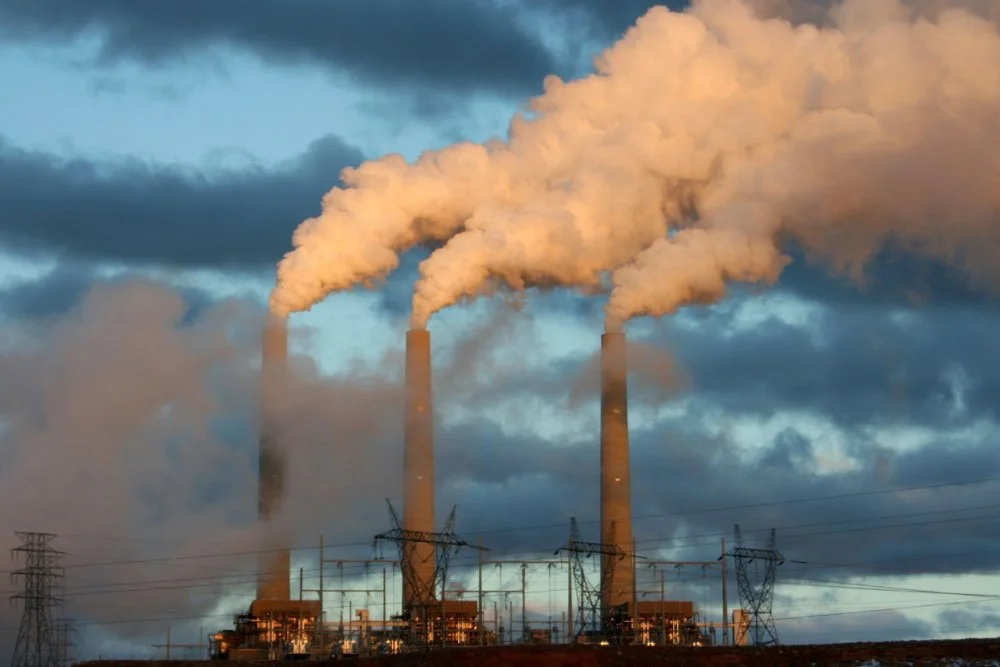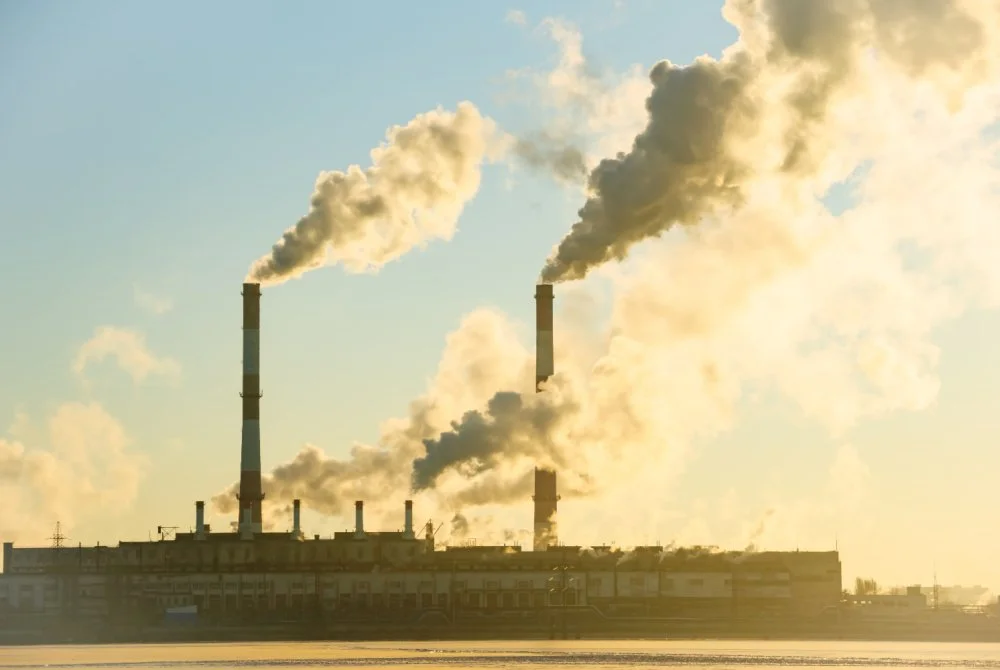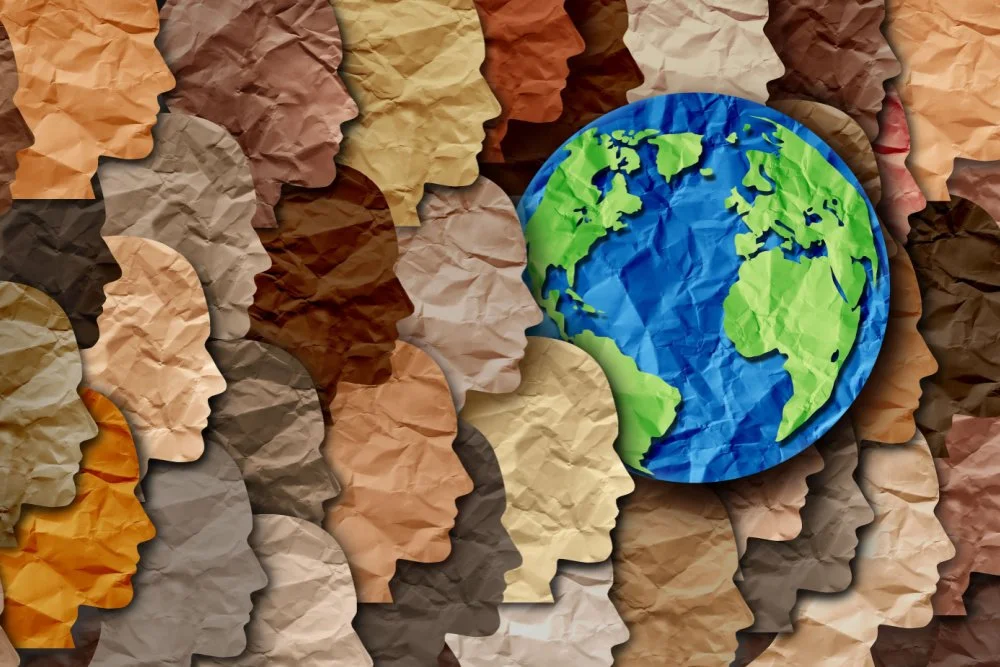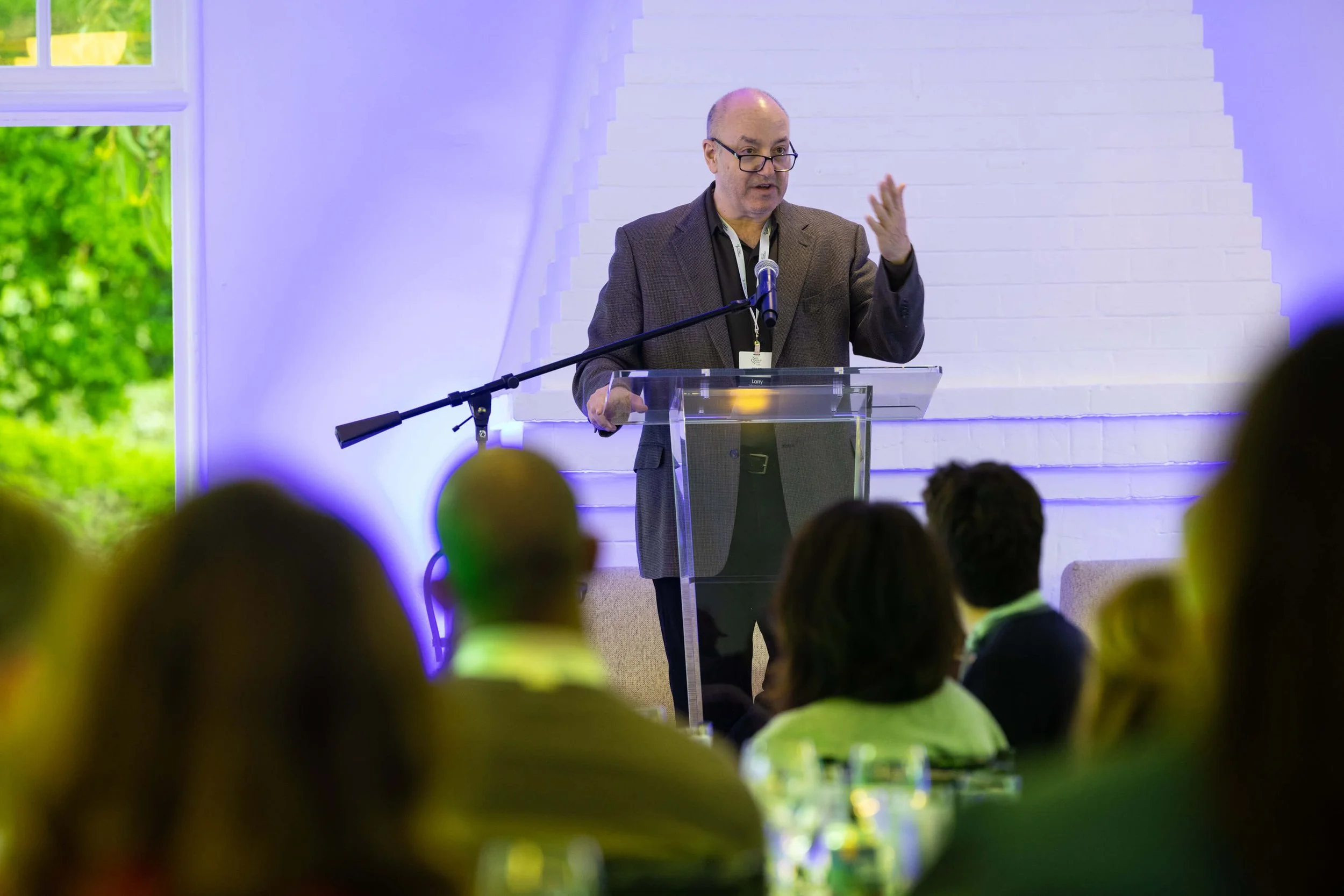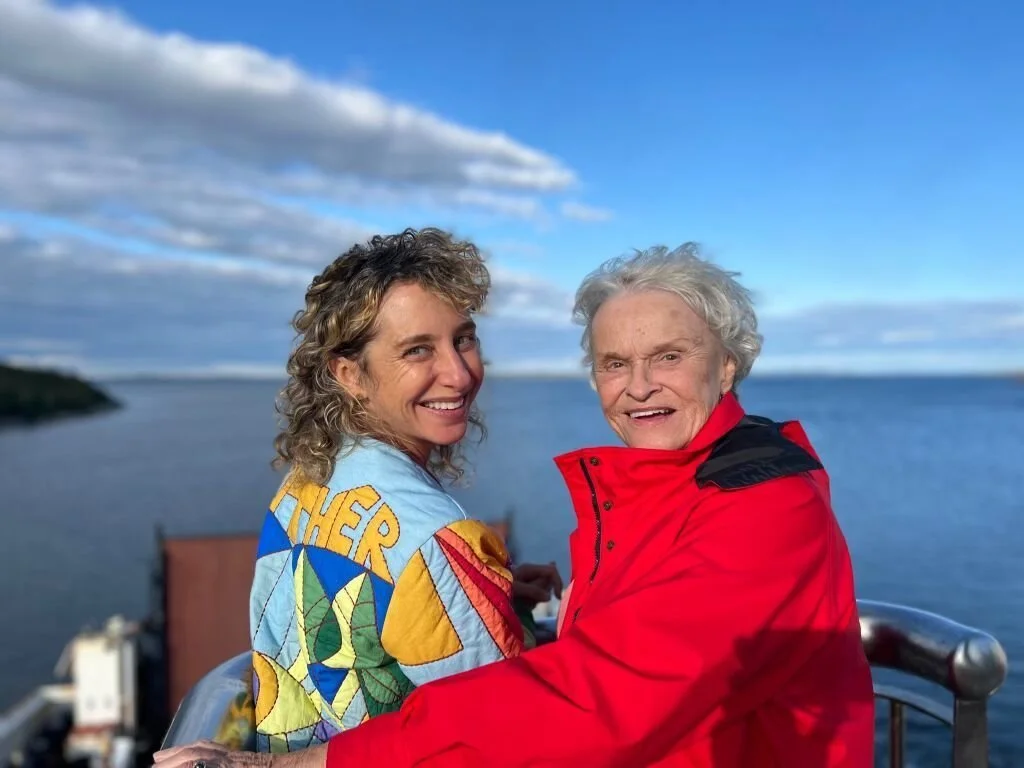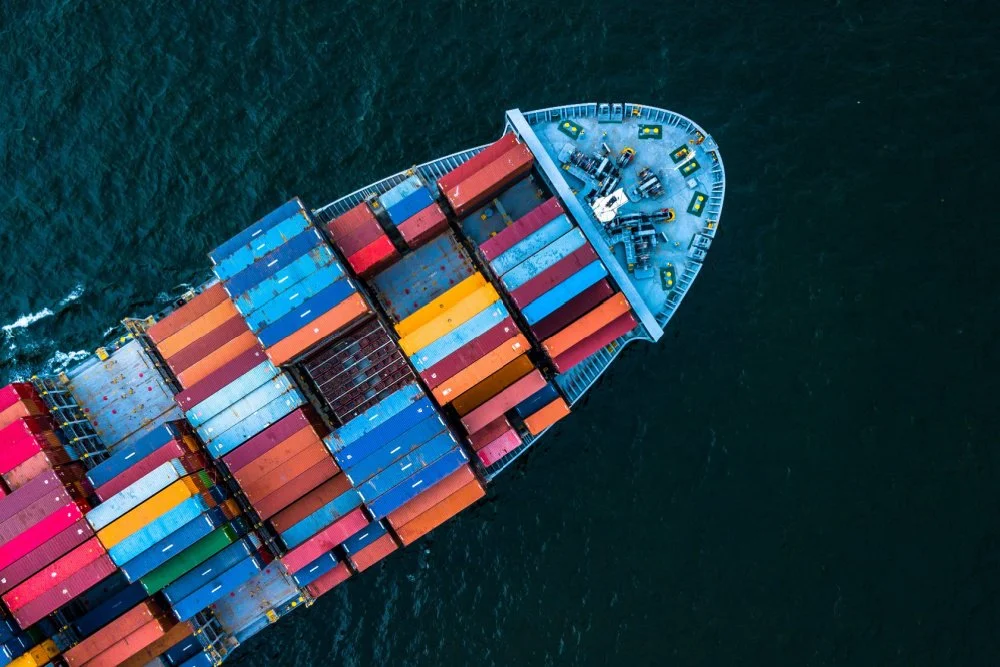What the Winners of This Environmental Prize Say About Making Change
/Liz Mcdaid and Makoma Lekalakala, South Africa
The annual Goldman Environmental Prizes consistently present snapshots of brave activists often risking their lives and livelihoods to protect their communities from environmental exploitation. Typically, these prizes go to underdog activists whose victories demonstrate that persistent organizing can beat the odds.
Taking a look at the winners this year, as we do annually at IP, offers a reminder that environmental victories draw upon a wide variety of strategies, sometimes all at once. But they share a certain doggedness that is characteristic of leaders who are closely connected to the environmental threats they’re fighting against. Oh, and this year, they’re almost all women.
Francia Márquez, for example, has deep personal ties to the Cauca region of Colombia, home to a large Afro-Colombian population under repeated threat from extractive industry. Márquez has been an activist ever since she fought the construction of a dam at age 13, and recently put law school on hold to rally local women against illegal mining in her home region. Facing threats and harassment, she organized a 10-day march to Bogota and then a 22-day protest, which exposed the problem and led to a crackdown.
Makoma Lekalakala and Liz McDaid, two South African women from different backgrounds, were both active in the anti-apartheid struggle before getting into environmental justice, and formed a coalition against a nuclear power deal with Russia. They persistently protested for years, and ultimately pursued a legal strategy, winning a court battle that ruled the deal unconstitutional.
Khanh Nguy Thi, the prize winner in Vietnam, grew up in a rural village near a coal plant, witnessing the pollution and many cases of cancer in her community. After college, she became active in renewable energy development, collaborating on research, media and communications work, eventually contributing to government energy planning. As a result, the country has reduced its plans for new coal plants and increased wind, solar, and biomass.
A familiar name on the list is LeeAnne Walters, one of the mothers in Flint, Michigan, who began testing water and confronting local officials when her children became sick from lead exposure amid the city’s notorious water crisis.
In France, filmmaker and journalist Claire Nouvian turned marine crusader, using the courts, media, consumer pressure and policy to stop devastating deep-sea bottom trawling. And in the Philippines, Manny Calonzo worked with academia and then industry itself to get lead out of paint products.
Part of the reason I think it’s important to highlight these prize winners—there are, after all, a lot of prizes out there—is that they provide an important touchstone for the effectiveness of grassroots strategies led by people in vulnerable communities. It’s often devastating, as we’ve seen multiple prize winners and their peers tragically killed in recent years because of their activism.
But in all cases, and whatever approaches were ultimately successful, these leaders were endlessly persistent, largely due to their close connections to the causes they fight for. This round in particular shows the important role women are playing in their communities' environmental battles.
In U.S. philanthropy, there’s often an impulse to take the big bet, or back the most powerful NGO. These stories show that there are many ways to achieve a victory, and often, the victors can be very small with few resources, but get the job done nonetheless.
Related:


